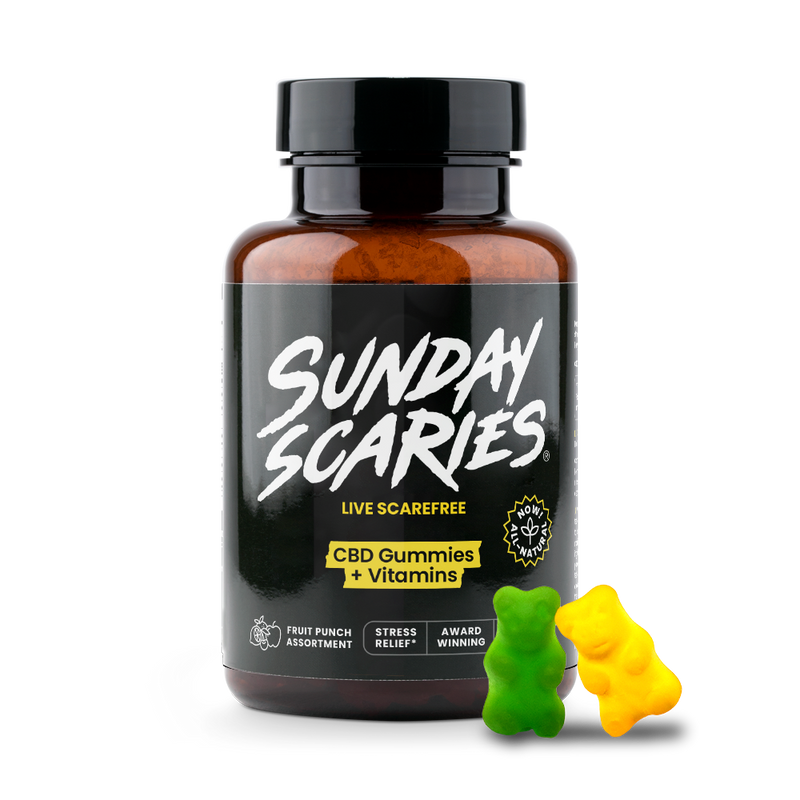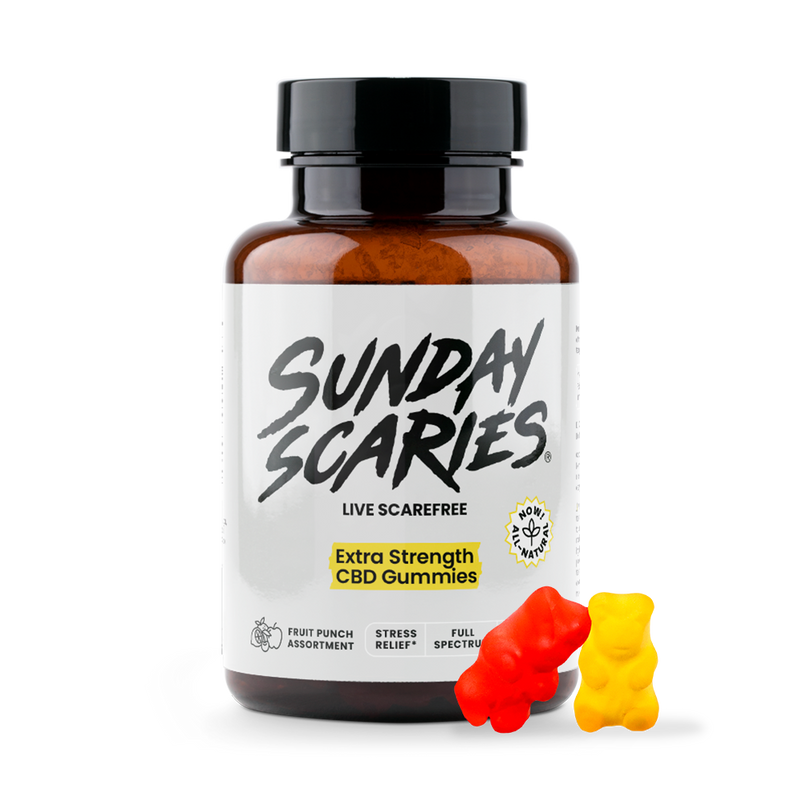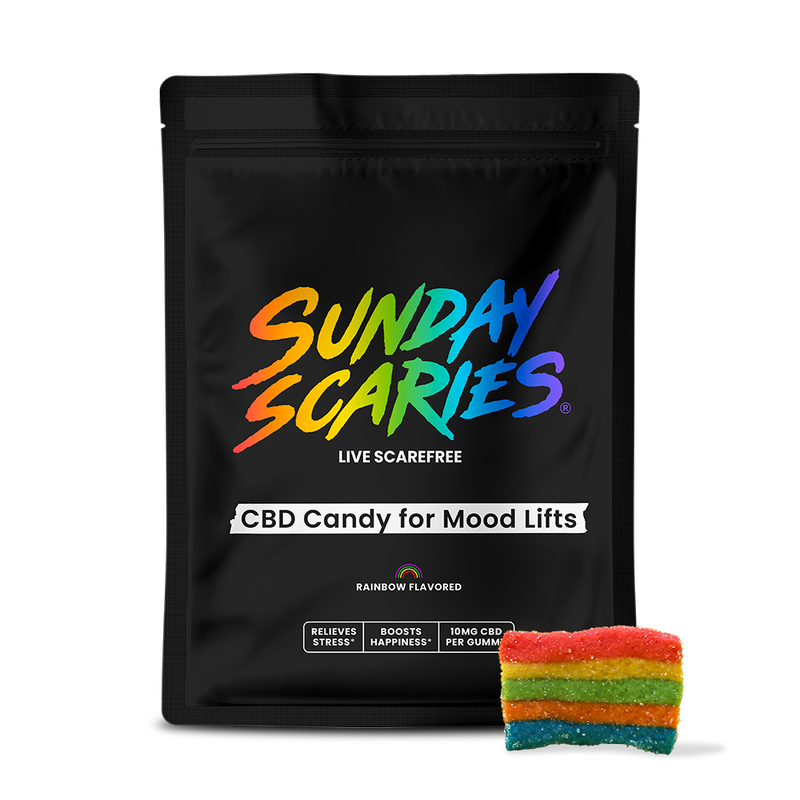
What Are CBD Edibles: Benefits, Types, and Uses

CBD edibles are food products infused with cannabidiol (CBD), a non-psychoactive compound found in cannabis plants. These edibles come in various forms, including gummies, chocolates, baked goods, and beverages, providing a tasty and convenient way to consume CBD.
Unlike THC, CBD does not produce a "high," making it popular for those seeking the therapeutic benefits of cannabis without the psychoactive effects. People use CBD edibles to help with stress, pain relief, sleep disorders, and overall wellness.
They offer a discreet and easy method of consumption, making them ideal for both new and experienced CBD users.
Let's dissect the CBD edible into detail.
Key Takeaways
- CBD edibles are legal federally in the U.S. if they contain less than 0.3% THC, per the 2018 Farm Bill; however, state laws can vary significantly and are constantly changing, affecting their legality at the local level.
- CBD edibles are associated with potential health benefits such as mood elevation, stress relief, improved sleep, and pain management. Although, CBD is not FDA-approved for all these uses except for certain types of epilepsy and more research and studies need to be performed.
- Unlike other forms of CBD, edibles offer a discreet and convenient option with effects that take longer to onset but last longer, making them useful for sustained relief and suited for individuals seeking privacy in their wellness routines.
Understanding CBD Edibles: A Comprehensive Overview
CBD edibles are a unique blend of taste and wellness. Derived from the cannabis sativa plant, these delightful treats are a discreet and convenient method of cannabidiol consumption.
Available in various forms such as CBD gummies, mints, and beverages, CBD edibles offer a diverse spectrum of cannabis-derived compounds without the need for smoking or vaping.
The Basics of CBD Edibles
Cannabidiol (CBD), the main active ingredient in hemp, serves as the cornerstone of CBD edibles. Unlike THC, another compound found in the cannabis plant, CBD does not produce psychoactive effects, making it an appealing option for those who want the benefits of cannabis without the high.
CBD edibles offer a unique method of delivering cannabinoids into the body. Unlike inhaled methods or CBD oil tinctures, which provide quicker onset of effects, CBD edibles release cannabinoids slowly, providing longer-lasting effects.
So, those seeking prolonged relief from chronic conditions in a tasty form often prefer CBD edibles.
From Plant to Palate: How CBD Edibles Are Made
The creation of CBD edibles starts in the fields with the growth of hemp, a variant of the Cannabis Sativa plant. Hemp, not to be mistaken with marijuana, is rich in CBD and contains almost no THC, making it legal and the preferred choice for CBD extraction.
11 Steps for Making CBD Edibles:
1. CBD Extraction:
- Extract CBD from hemp or cannabis plants using methods such as CO2 extraction, ethanol extraction, or oil infusion.
2. Purification:
- Purify the extracted CBD to remove unwanted compounds, ensuring the final product is free of contaminants and has the desired potency.
3. Decarboxylation:
- Heat the CBD extract to convert CBDa (cannabidiolic acid) into active CBD, enhancing its effectiveness.
4. Infusion:
- Infuse the purified CBD into a carrier oil (e.g., coconut oil, olive oil) or directly into the edible mixture. This step ensures even distribution of CBD throughout the product.
5. Preparation of Edible Base:
- Prepare the base for the edible, such as baking a batch of brownies, making gummy candy, or blending a beverage. This involves mixing the necessary ingredients (e.g., flour, sugar, gelatin).
6. Mixing:
- Incorporate the CBD-infused oil or extract into the edible base, ensuring even distribution. Mix thoroughly to achieve consistent potency in each serving.
7. Cooking/Baking:
- Cook or bake the edibles as required. For baked goods, follow the recipe's temperature and time guidelines to ensure proper texture and flavor.
8. Cooling:
- Allow the edibles to cool down after cooking or baking. This step is essential for achieving the desired consistency and making handling easier.
9. Cutting/Forming:
- Cut or form the cooled edibles into individual servings. For gummies, pour the mixture into molds before cooling to set the shape.
10. Packaging:
- Package the finished edibles in airtight containers to maintain freshness and potency. Ensure the packaging is labeled with dosage information and storage instructions.
11. Storage:
- Store the edibles in a cool, dry place to preserve their quality and potency. Refrigeration may be necessary for certain types of edibles, like gummies or chocolates.
Now that we understand the process behind making a CBD edible, let's check out what the market currently has to offer.
Varieties of CBD Edibles on the Market
The realm of CBD edibles stands diverse and delightful. From gummies and cookies to brownies and energy drinks, there’s a CBD edible to suit every palate.
CBD gummies are a popular choice among new users. Available in a variety of flavors and shapes, these CBD candies are a delicious and fun way to experience CBD.
Other popular forms include:
- Chocolates: Infused with CBD, ranging from dark to milk chocolate.
- Baked Goods: Cookies, brownies, and other pastries.
- Candies: Hard candies, lollipops, and caramels.
- Beverages: CBD-infused teas, coffees, sodas, and energy drinks.
- Capsules and Pills: Edible capsules containing CBD oil.
- Honey and Syrups: Sweeteners infused with CBD for use in drinks or food.
- Savory Snacks: Chips, popcorn, and pretzels with CBD infusion.
- Chewing Gum: Gum infused with CBD for slow release.
- Protein Bars: Snack bars combined with CBD for fitness enthusiasts.
- Nut Butters: Peanut butter, almond butter, or other nut spreads infused with CBD.
- Cooking Oils: CBD-infused oils like olive or coconut oil for cooking and baking.
- Mints: Breath mints infused with CBD for a discreet option.
As you can see, there are a variety of CBD edible options on the market. Although, the most popular and best-selling CBD product is by far CBD gummies.
The Legal Landscape of CBD Edibles
Deciphering the legal intricacies surrounding CBD edibles can prove challenging. While hemp-derived CBD products containing less than 0.3% THC are federally legal under the 2018 Farm Bill, state laws vary widely.
Some states have fully legalized CBD, while others are imposing various restrictions, creating a complex legal environment for CBD consumers to navigate.
The main restriction these states are attempting to place have to do with the amount (in milligrams) of THC per serving and per bottle.
So, while you're protected federally, it may be worth checking out your local laws.
Understanding Hemp vs. Marijuana Derived CBD Edibles
The legality of CBD products also hinges on whether they are derived from hemp or marijuana. Hemp plants typically contain more CBD and negligible amounts of THC, whereas marijuana plants are higher in THC and lower in CBD.
Hemp is cultivated for industrial uses while marijuana is cultivated for drug use. The former is legal as long as the CBD products contain less than 0.3% THC, while the latter is still a schedule 1 narcotic due to the controlled substances act.
That being said, the CBD derived from either plant is the same, since it's a chemical compound.
As a result, the use of CBD or THC products depends on their source and respective concentrations, with hemp derived CBD products being the ideal choice when purchasing online.
If you're looking to purchase marijuana derived CBD products, check your state medical cannabis laws.
Potential Health Benefits of CBD Edibles
Apart from providing an enjoyable and delicious way to experience the benefits of the cannabis plant, CBD edibles also extend an array of potential health advantages.
Consuming CBD edibles supports the endocannabinoid system, which plays a key role in regulating various physiological processes. There are many potential health benefits of CBD edibles, which may include:
- Pain Relief: CBD is being studied to reduce inflammation and alleviate body aches.
- Anxiety and Stress Reduction: CBD is being studied to help manage anxiety and stress by promoting relaxation and improving mood.
- Improved Sleep: CBD is being studied for assisting with insomnia and other sleep disorders by regulating sleep patterns and promoting restful sleep.
- Anti-inflammatory Effects: CBD is being studied for its anti-inflammatory properties and helping with conditions such as arthritis and other inflammatory diseases.
- Neuroprotective Properties: CBD is being studied for supporting brain health and reducing symptoms associated with neurological disorders like epilepsy and multiple sclerosis.
- Support for Mental Health: CBD in being studied for its potential in reducing symptoms of depression and improving overall mental well-being.
- General Well-being: Regular use of CBD edibles can promote a sense of overall wellness and balance, supporting the body's homeostasis.
How to Choose Quality CBD Edibles
Given the plethora of products on the market, choosing high-quality CBD edibles can seem overwhelming.
However, factors such as third-party testing, clear labeling, and purchasing from reputable sources can guide consumers in their quest for quality CBD edibles.
10 Steps for Choosing Quality CBD Edibles:
1. Check the Source of Hemp:
- Ensure the CBD is sourced from organically grown hemp, free from pesticides and harmful chemicals. Quality hemp produces higher-quality CBD with fewer contaminants.
2. Verify the Extraction Method:
- Look for edibles made with CO2 extraction, as this method is the gold standard for purity and safety. It ensures the CBD is free from harmful solvents and retains beneficial compounds.
3. Review Third-Party Lab Test Results:
- Reputable brands provide third-party lab results for their products, verifying the CBD content and the absence of contaminants like heavy metals, pesticides, and solvents. This ensures transparency and product safety.
4. Check the THC Content:
- Ensure the product is hemp-derived and contains less than 0.3% THC to comply with legal standards and avoid psychoactive effects. This is also important for users who want to avoid THC entirely.
5. Read Ingredient Labels:
- Review the ingredient list for artificial additives, preservatives, and allergens. Quality CBD edibles should have high-quality ingredients and other active ingredients that complement the CBD and the use case.
6. Consider the CBD Concentration:
-
Determine the amount of CBD per serving to ensure it meets your dosage needs. Different edibles have varying concentrations, so choose one that aligns with your desired intake. A great starting point is 20mg total, with 10mg per serving to scale up or down accordingly.
-
Explanation: Decide whether you want full-spectrum (contains all cannabinoids, including THC), broad-spectrum (contains multiple cannabinoids but no THC), or CBD isolate (pure CBD). Each type offers different benefits. Find your perfect CBD type.
8. Check for Brand Reputation:
- Explanation: Research the brand’s reputation through customer reviews, ratings, PR mentions and expert recommendations. Established brands with positive feedback are more likely to produce high-quality products.
9. Understand the Type of Edible:
- Explanation: Choose the form of edible that suits your preferences, such as gummies, chocolates, or baked goods. Different forms may have different onset times and duration of effects.
10. Evaluate the Price:
- Explanation: Compare prices among similar products to ensure you’re getting a fair deal. Be cautious of extremely low-priced products, like products on Amazon, as they may compromise on quality.
By following these steps, you can confidently choose quality CBD edibles that are safe, effective, and tailored to your needs.
Dosage and Consumption: How to Use CBD Edibles
The process of determining the optimal dosage of CBD edibles is highly personalized. Factors such as body weight, the purpose of use, and the CBD type and concentration in the edibles should be taken into account.
Starting small and gradually increasing the dosage while observing the body’s response can help find the optimal personal dosage.
Starting Small and Assessing Tolerance
Initiating with a low dose of CBD (10mg) and progressively increasing it constitutes a risk averse strategy to discover the optimal personal dosage.
This allows the individual to observe how their body responds to CBD and adjust the dosage based on their observations.
For beginners, a modest dose (20 mg) per day is often recommended. From there, individuals can incrementally increase the dosage, assessing the body’s response at each stage.
This gradual approach helps ensure a safe and comfortable CBD experience.
Timing and Frequency of Intake
Their effects can be significantly influenced by the timing and frequency of CBD edibles intake.
For first-time users, it’s recommended to try CBD products before bedtime. This allows individuals to monitor their body’s response to the possible drowsy effects of CBD. Nighttime use may help with relaxation and sleep, making CBD edibles a versatile wellness tool that can be tailored to individual needs and daily routines.
On the other hand, consuming CBD edibles in the morning can provide gradual stress support throughout the day due to their slow absorption rate.
CBD is generally well tolerated, so when to take it (morning vs. night) has more to do with your desired effects (sleep aid vs. stress relief) than it does with the time of day.
CBD edibles, like CBD gummies, usually take 20-30 minutes to kick in.
Comparing CBD Edibles to Other CBD Products
Compared to other CBD products, like CBD oil, CBD edibles provide a distinct consumption experience.
They provide a discreet and convenient option for consuming CBD, making them an appealing choice for individuals who prefer not to smoke or vape. However, the onset and duration of effects can vary compared to other CBD products, such as oils and topicals.
Onset and Duration of Effects
The onset and duration of effects stand as one of the unique attributes of CBD edibles. The effects of CBD edibles can take up to one hour to manifest due to the metabolic process, while sublingual administration of CBD oil can produce effects in under 20 minutes.
However, the longer onset time of CBD edibles is offset by their longer-lasting effects. Once they begin, the effects typically range from 4 to 6 hours, often lasting longer than the effects achieved through CBD oil.
This makes CBD edibles a preferred choice for those seeking sustained relief.
Convenience and Discretion
CBD edibles excel in offering convenience and discretion. These treats offer a discreet way to consume cannabinoids without the need for inhalation or other potentially conspicuous methods. For example, dropping some CBD oil under your tongue at work may seem taboo in a professional setting.
This makes CBD edibles a preferred choice for individuals who value privacy in their wellness routines.
Not to mention, CBD edibles like gummies are highly portable. They can be easily tucked into a bag or pocket, providing an easy way to enjoy the benefits of CBD on-the-go.
Whether you’re at work, traveling, or just out and about, CBD edibles offer the ultimate in convenience and discretion.
Summary
In conclusion, CBD edibles offer a unique, tasty, enjoyable, and convenient way to experience the benefits of cannabidiol.
From understanding their legal landscape to assessing their potential health benefits, the world of CBD edibles is rich and diverse.
Whether you’re seeking relief from specific conditions or simply want to enhance your overall wellness, CBD edibles offer a versatile solution that can be tailored to your individual needs.
Frequently Asked Questions
What are CBD edibles in simple terms?
CBD edibles are ingestible and delicious food products such as CBD gummies, mints, and beverages that contain the active ingredient derived from cannabis, known as cannabidiol (CBD).
Are CBD edibles legal?
Yes, CBD edibles derived from hemp with less than 0.3% THC are federally legal, but it's important to check the laws in your specific state. Always make sure to stay informed about the regulations in your area to ensure compliance.
What are the potential health benefits of CBD edibles?
CBD edibles can potentially provide health benefits including mood elevation, stress relief, improved sleep, and pain management.
How do I choose quality CBD edibles?
Choose quality CBD edibles by selecting products that have undergone third-party testing, display clear labeling, and are purchased from reputable sources. This ensures their safety and effectiveness.
How should I consume CBD edibles?
To consume CBD edibles, it's best to start with a low dose (10-20mg) and slowly increase it while monitoring how your body reacts. Consider the timing and frequency of intake for their effects.
Is CBD oil as effective as CBD edibles?
Yes, CBD oil drops can be as effective as CBD edibles, but the effectiveness depends on how each is used and individual preferences. CBD oil is typically taken sublingually (under the tongue), which allows for faster absorption into the bloodstream, leading to quicker effects. CBD edibles, on the other hand, are ingested and processed through the digestive system, resulting in slower but longer-lasting effects. The choice between the two often comes down to personal preference and how quickly you want to feel the effects.
What is the strongest type of CBD edibles?
The strongest type of CBD edibles is Extra Strength CBD gummies. These gummies contain a higher concentration of cannabidiol (CBD) per serving, providing a more potent dose for those who require stronger effects for conditions such as chronic pain, severe anxiety, or significant sleep disturbances.
Are THC gummies considered CBD Edibles?
No, THC gummies are not considered CBD edibles. Delta-9 THC gummies contain the psychoactive compound delta-9-tetrahydrocannabinol (THC), while CBD edibles contain cannabidiol (CBD), a non-psychoactive compound. Both types of edibles provide different effects and benefits based on their active ingredient.

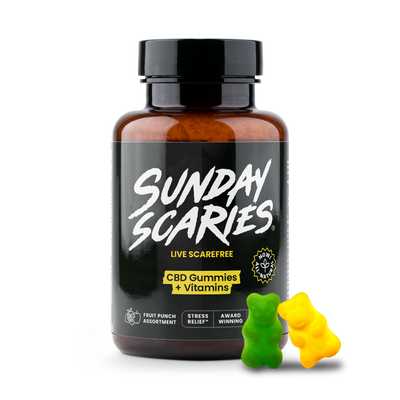 CBD Gummies
Stress Relief
CBD Gummies
Stress Relief
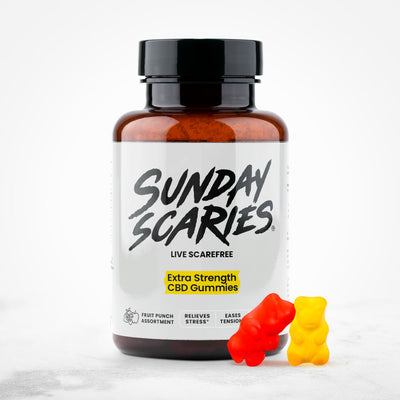 Extra Strength CBD Gummies
Stress Relief
Extra Strength CBD Gummies
Stress Relief
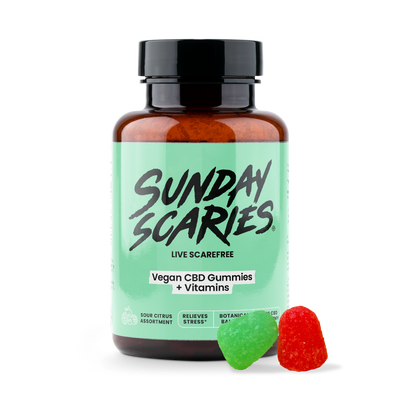 Vegan CBD Gummies
Stress Relief
Vegan CBD Gummies
Stress Relief
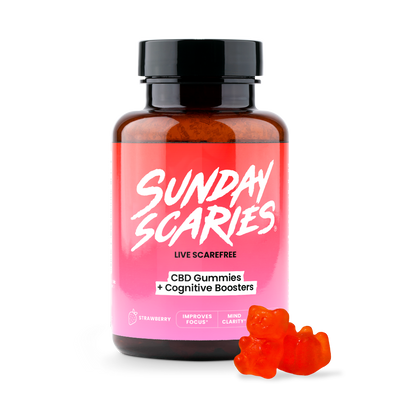 CBD Gummies for Focus
Focus Boost
CBD Gummies for Focus
Focus Boost
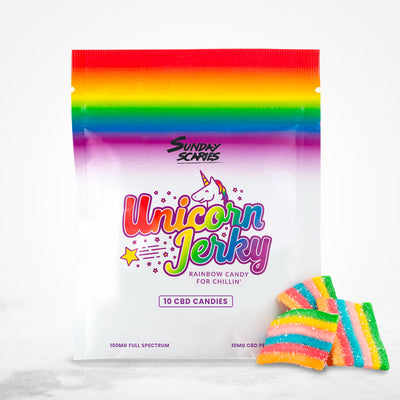 CBD Candy
Mood Lift
CBD Candy
Mood Lift
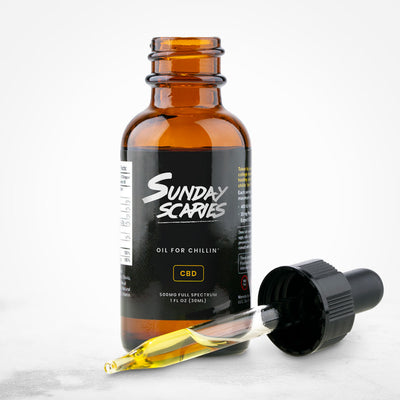 CBD Daytime Oil
Stress Relief
CBD Daytime Oil
Stress Relief
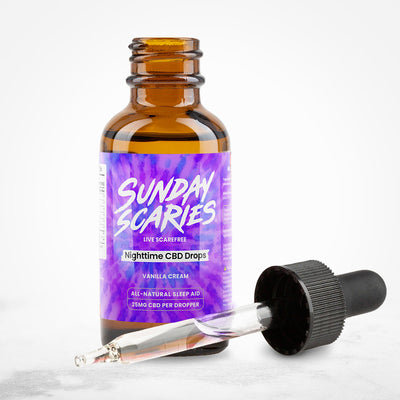 CBD Sleep Oil
Sleep Aid
CBD Sleep Oil
Sleep Aid
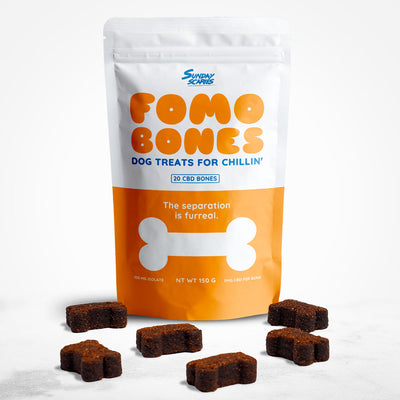 CBD Dog Treats
Stress Relief
CBD Dog Treats
Stress Relief
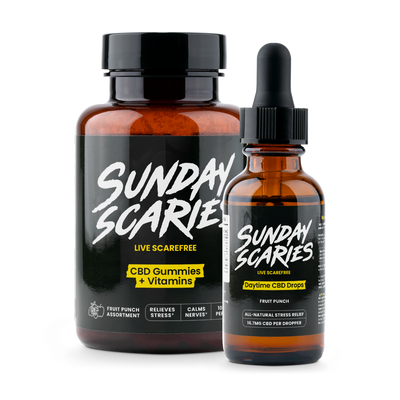 Side Piece Bundle
Stress Relief
Side Piece Bundle
Stress Relief
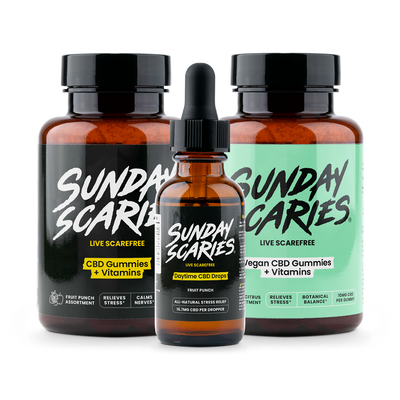 Rando Bundle
Stress Relief
Rando Bundle
Stress Relief
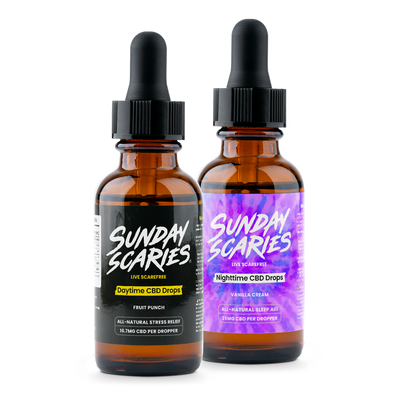 Sunrise & Sunset CBD Oil Bundle
Stress Relief
Sunrise & Sunset CBD Oil Bundle
Stress Relief
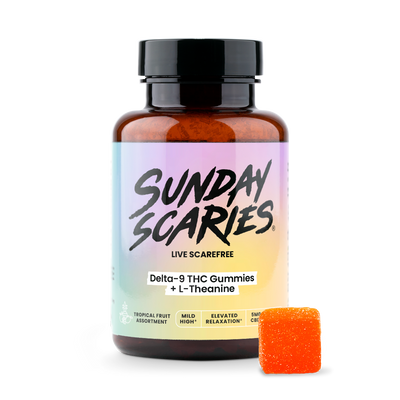 5mg Delta-9 Gummies
Euphoria
5mg Delta-9 Gummies
Euphoria
 10mg Delta-9 Gummies
Euphoria
10mg Delta-9 Gummies
Euphoria
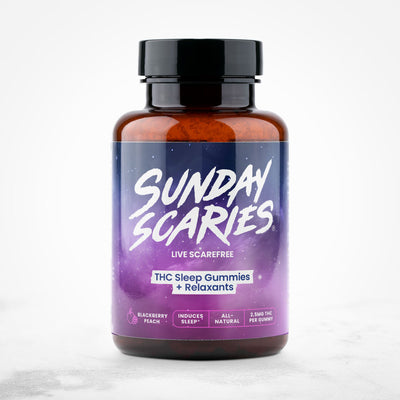 THC Gummies for Sleep
Sleep Aid
THC Gummies for Sleep
Sleep Aid
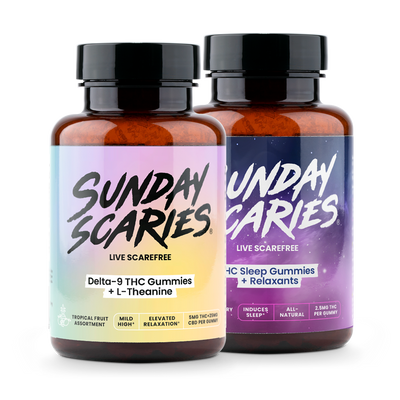 Day & Night THC Gummies Bundle
Stress Relief
Day & Night THC Gummies Bundle
Stress Relief
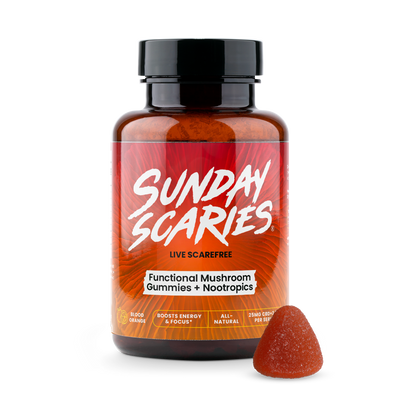 Mushroom Gummies
Focus Boost
Mushroom Gummies
Focus Boost
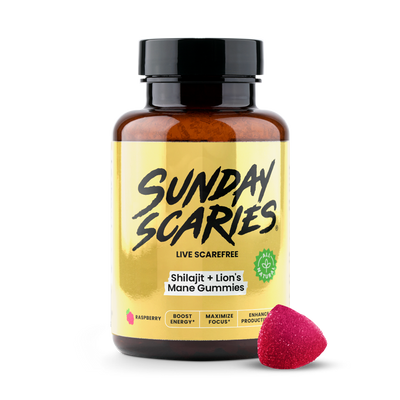 Shilajit Gummies
Focus Boost
Shilajit Gummies
Focus Boost
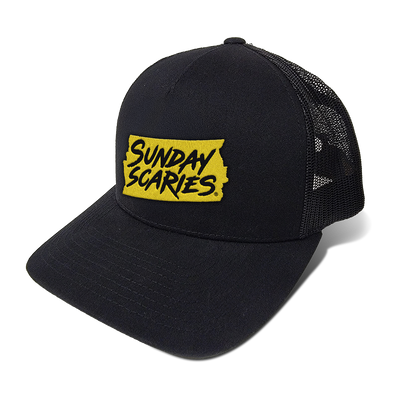 Sunday Scaries Hat
Sunday Scaries Hat
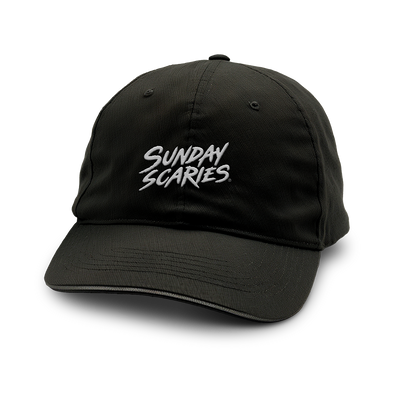 Sunday Scaries Dad Hat
Sunday Scaries Dad Hat
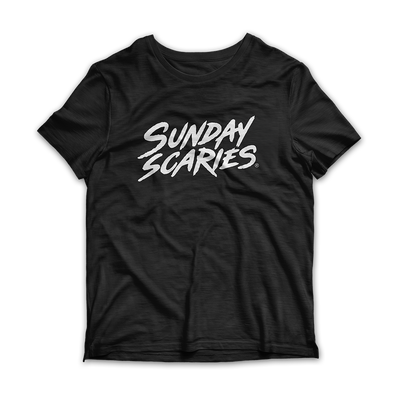 Sunday Scaries T-Shirt
Sunday Scaries T-Shirt
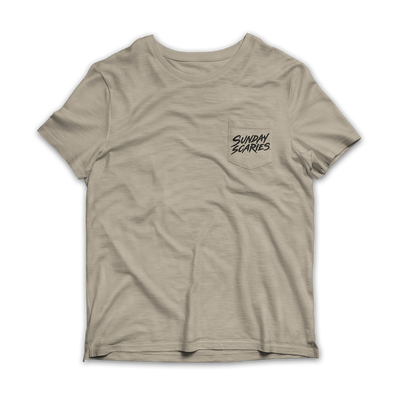 Sunday Scaries Pocket Tee
Sunday Scaries Pocket Tee
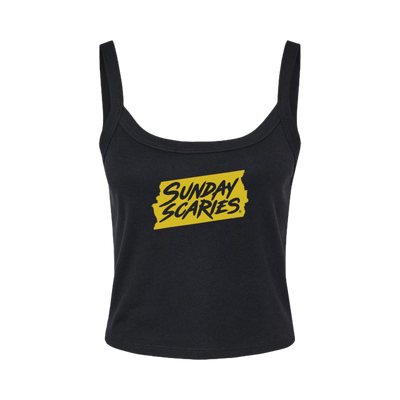 Sunday Scaries Tank Top
Sunday Scaries Tank Top
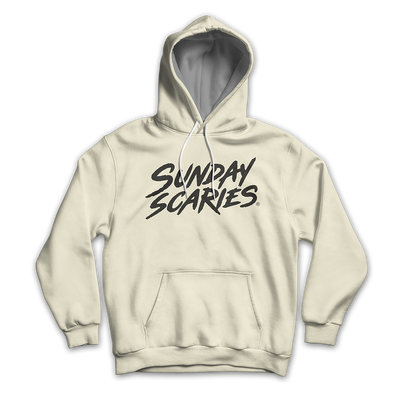 Sunday Scaries Sweatshirt
Sunday Scaries Sweatshirt
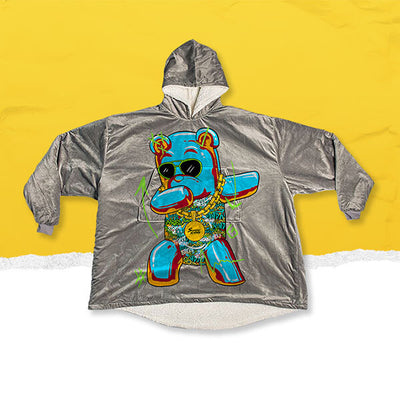 Sunday Scaries Blanket Jacket
Sunday Scaries Blanket Jacket
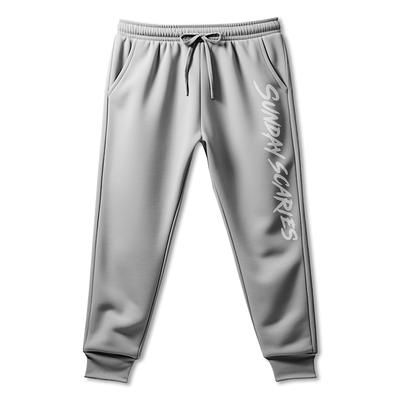 Sunday Scaries Sweatpants
Sunday Scaries Sweatpants

